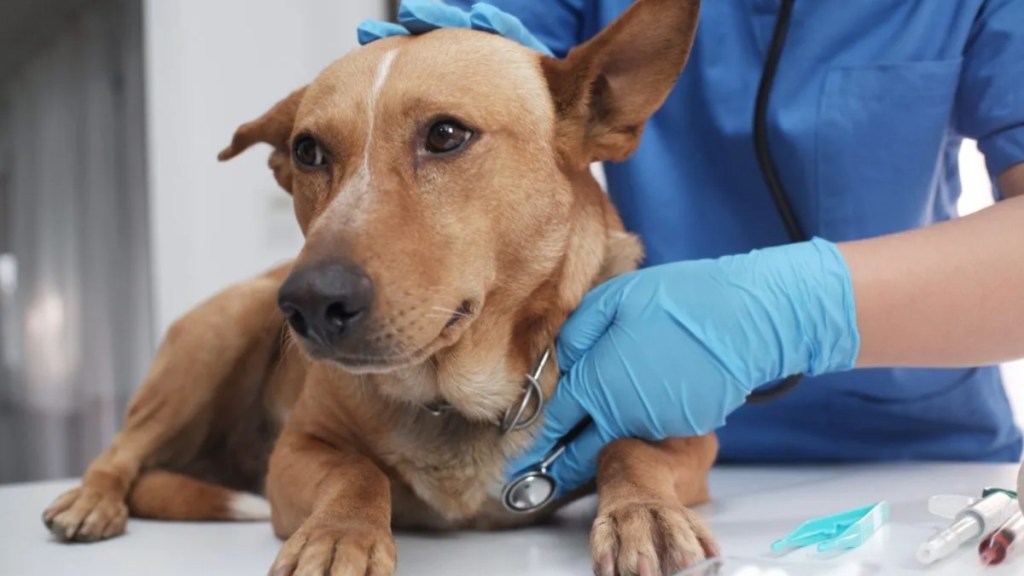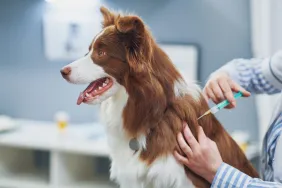The rise in cases of parvovirus amongst dogs in Michigan has sent alarm bells ringing within the community. Over the weekend, Manistee’s Repo’s Rescues, a nonprofit 501(c)(3), reported that three puppies have died from this fatal virus, and they are concerned that it may be spreading throughout the area.
How Michigan dogs contracted parvovirus
Natalie Snyder, the founder of Repo’s Rescues, has made it her mission to warn other dog owners of this serious health concern, following the devastating loss of the puppies. “Tons of people walk their dogs down here,” said Snyder — as per Manistee News Advocate. “…It’s on the corner of Sixth and Davis…The vet was like, ‘Anywhere the dogs have touched in that yard is contaminated,'” she explained.
The Baker Institute for Animal Health has called parvovirus “extraordinarily hardy” and has warned that the virus can survive outside a host for several months, remaining active even through the winter months. Moreover, it is highly resistant to common household cleaners, as per the Baker Institute for Animal Health.
Although humans cannot become infected with canine parvovirus, Snyder noted that it is possible for them to act as carriers of the disease, spreading it to their own or others’ pets via contaminated soil or feces.
Signs of parvovirus in dogs
Once a dog has contracted the virus, there is typically an incubation period prior to the onset of symptoms. During this time, an infected dog could seem completely normal until symptoms start to appear between five and ten days later.
Symptoms of canine parvovirus often include depression, lethargy, lack of appetite, sudden onset of a high fever, vomiting, and diarrhea. According to Snyder, these symptoms signal a grim prognosis for the infected dogs. “It’s a horrible way to go, which is the scary part,” she said.
Prevention through vaccination is crucial to preventing further parvovirus infections. “All my dogs are vaccinated so I don’t really have to worry about it,” she added. However, she urged fellow pet owners to get their dogs vaccinated, emphasizing the life-threatening risk of the virus.









